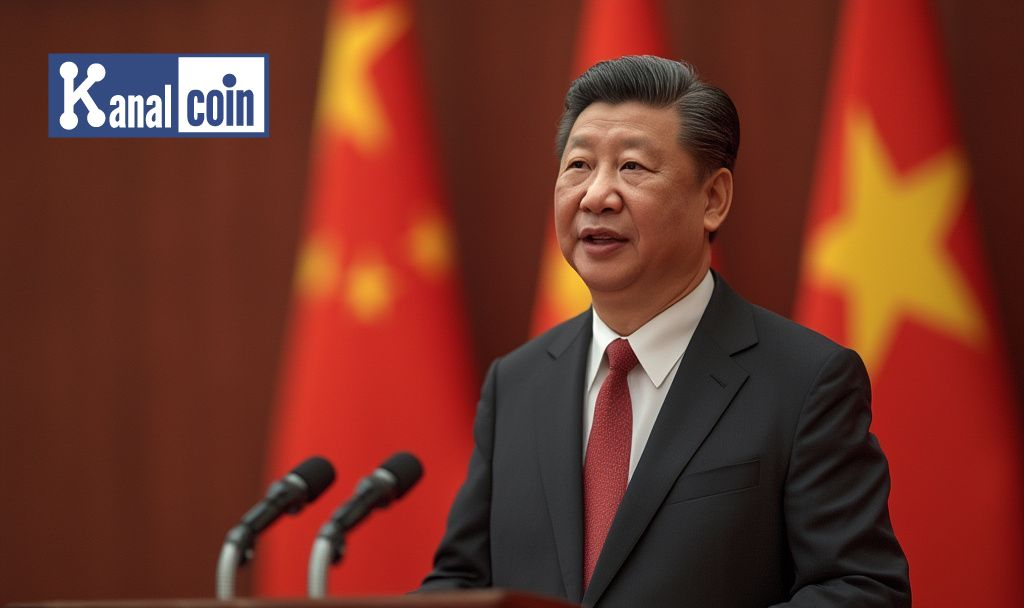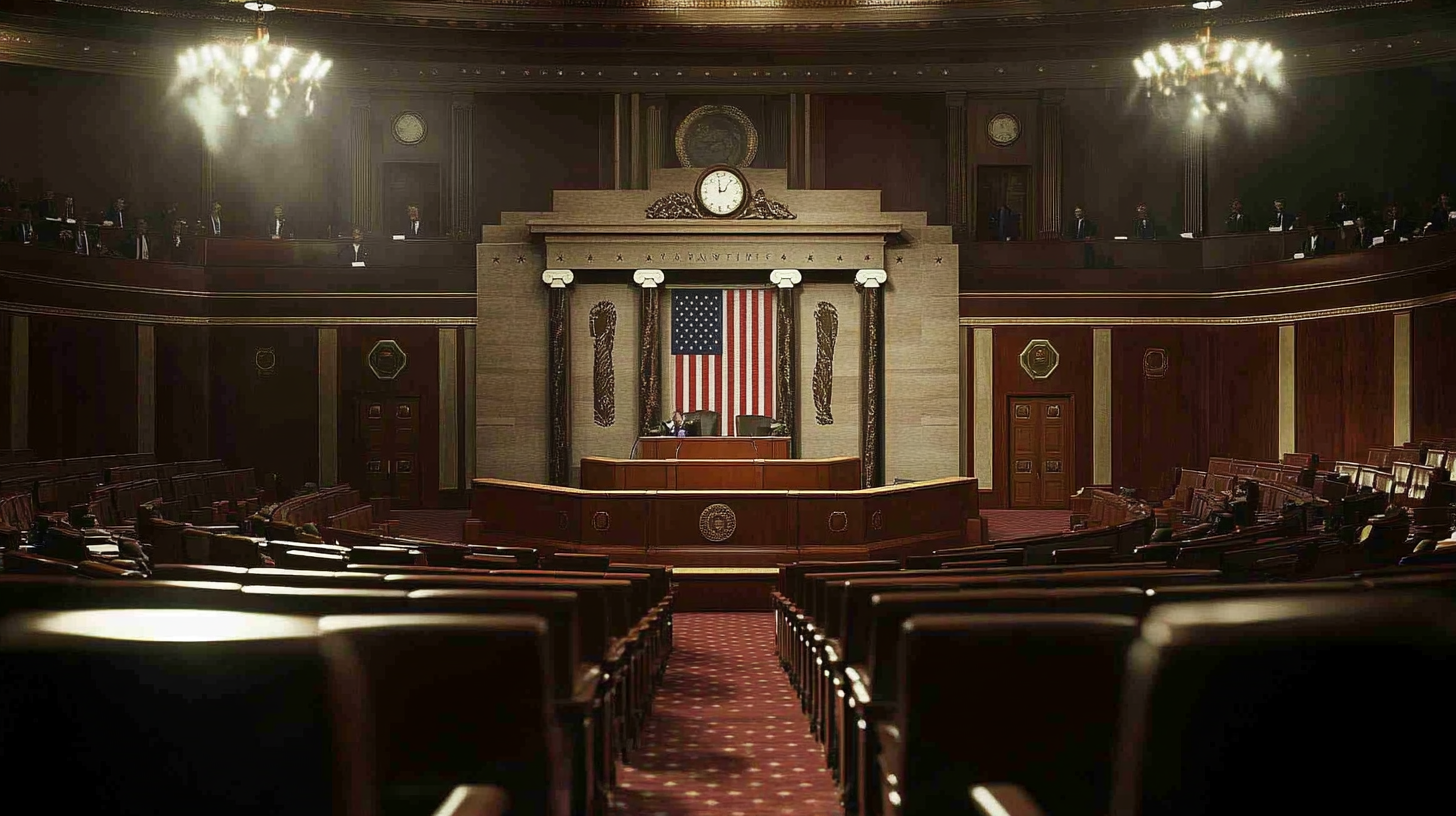
Xi Jinping has urged Vietnam to oppose U.S. President Donald Trump’s tariffs, calling it “bullying” during discussions held in the region this week.
This call highlights increasing tensions in trade policies and aims to solidify regional ties amid trade conflicts with the United States.
Xi and Vietnam Discuss Joint Tariff Opposition
Amid evolving trade dynamics, Xi Jinping engaged Vietnam with a message against Trump’s tariff policies. These discussions occurred in the broader context of regional efforts to combat trade tensions. Both countries are navigating complex economic landscapes.
Vietnam and China have been key economic players in Asia, with their involvement crucial in countering rising tariffs from the U.S. This marks a significant political stance, reinforcing the countries’ strong economic ties and geopolitical positioning.
Potential U.S.-Vietnam Trade Tensions Loom
The call by Xi is seen as a potential source of friction between Vietnam and the United States. Analysts suggest that Vietnam’s response could influence regional trade strategies significantly.
The economic implications of strengthened ties between China and Vietnam could prompt shifts in international relations. Historical trade patterns indicate similar rhetoric has previously led to policy adjustments. Analysts watch for immediate market returns, with sources like Kanalcoin providing insight.
Historical Alliances in Response to U.S. Trade Pressure
Historically, similar instances have seen regional alliances forming in response to U.S. trade pressures. The current dynamics recall past cooperative efforts that have aimed to buffer against economic tensions.
Experts from Kanalcoin note that strengthened Sino-Vietnamese relations could mirror past trade maneuvers, possibly reshaping the economic landscape. The focus remains on historical trends to predict plausible outcomes of this diplomatic engagement. As Xi Jinping stated, “There are no winners in a trade war.”









